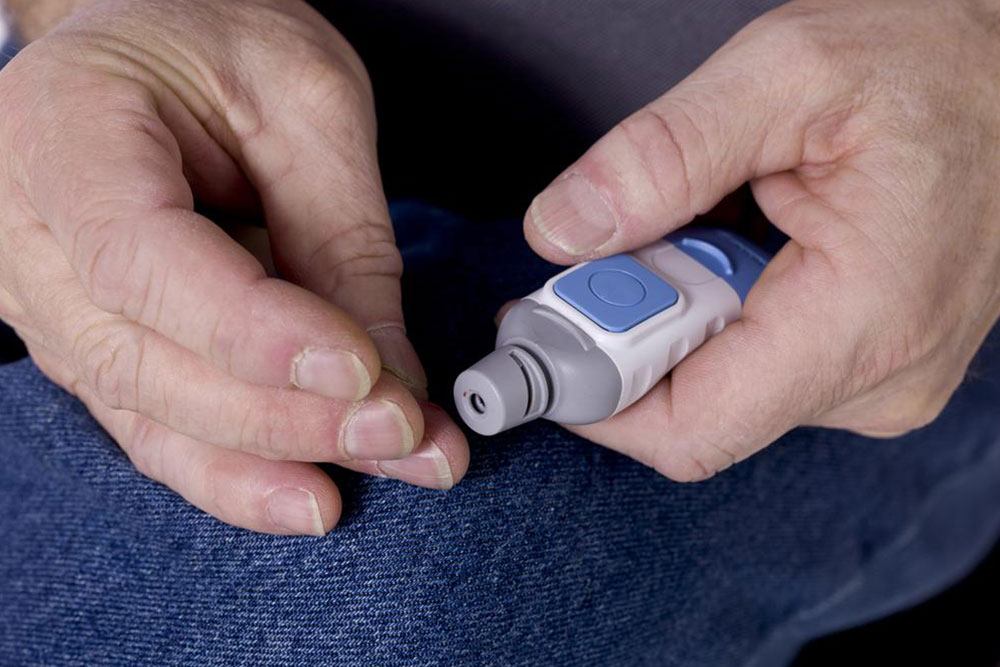Effective Strategies for Managing Blood Sugar Levels
Learn practical and effective tips to control blood sugar levels through lifestyle changes such as diet, exercise, hydration, and regular monitoring. These strategies can help manage diabetes and improve overall health, promoting a balanced life with fewer health risks.

Effective Strategies for Managing Blood Sugar Levels
Managing diabetes requires consistent attention to your blood glucose levels. Lifestyle choices—including diet, physical activity, and daily habits—play a pivotal role in maintaining optimal blood sugar control. When you stay vigilant about these factors, you can lead a healthy, balanced life, minimizing complications associated with fluctuating glucose levels.
Implementing simple, proven tips can significantly improve your well-being and help keep your blood sugar in check.
Here are key strategies:
Engage in Regular Exercise
Consistent physical activity helps manage weight and enhances insulin responsiveness. Exercise like brisk walking, dancing, swimming, or cycling encourages muscles to utilize blood sugar effectively, boosting overall health.
Opt for Healthy Foods
Replacing refined carbs with whole grains and low-GI foods can make a major difference. Incorporate more nutrient-dense options into your daily diet to support stable blood sugar levels.
Other helpful tips include:
Eat Smaller, Frequent Meals
Spreading your food intake throughout the day prevents spikes in blood glucose. Smaller, balanced meals help maintain consistent energy levels and improve overall control.
Include Barley in Your Diet
Barley contains dietary fibers beneficial for stabilizing blood sugar and reducing hunger. It also contributes to good cardiovascular health.
Choose Whole Fruits Over Juices
Whole fruits contain fiber, which slows sugar absorption. Avoid processed fruit juices high in sugar and calories for better blood sugar management.
Maintain Adequate Vitamin D Levels
Ensuring sufficient vitamin D through sunlight exposure or supplements can lower the risk of diabetes. Studies indicate that vitamin D benefits prediabetics significantly.
Manage Carbohydrate Intake
Foods rich in carbs convert into sugar, influencing blood glucose. Keeping carb consumption in check can help avoid unnecessary glucose spikes.
Stay Hydrated
Proper hydration assists kidneys in flushing out excess sugar, contributing to better blood sugar control and overall health.
Regularly Monitor Blood Glucose Levels
Frequent testing helps identify foods and habits affecting your blood sugar, enabling better management and adjustments.
Prioritize Quality Sleep
Adequate rest reduces stress and supports metabolic health, helping to keep blood sugar levels stable.
By adopting these strategies, individuals can effectively manage their blood sugar and enjoy a healthier life with fewer complications.
Note:
This site provides valuable health insights based on current research. While informative, the content should not replace professional medical advice. Always consult healthcare providers for personalized guidance. The information presented may differ from other sources or programs available locally.









